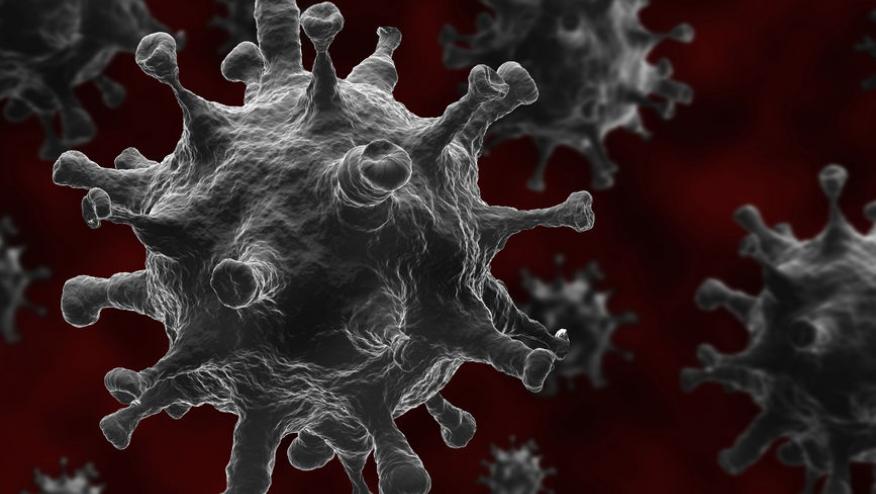Increased Lupus Anticoagulant Activity in COVID-19 Infection Save

JAMA Network Open reports that after adjusting for inflammation, lupus anticoagulant (LA) is significantly increased (positive) in COVID-19 patients and that LA positivity was associated with incidence risk of thrombotic events.
LA is a hallmark feature of tha antiphospholipid syndrome (APS) and its risk for arterial, venous, or microcirculatory thromboses (VTE) as well as obstetric complications.. Since the onset of the pandemic, coagulopathy and VTE has oft been reported in patients with COVID-19. It is also known that COVID-19 patients will have elevated C-reactive protein (CRP) levels, and CRP is known to interfere with LA PTT-based tests, such as the hexagonal phase phospholipid neutralization assay.
This cohort study set out to assess the frequency and impact of LA positivity (determined by the dilute Russell viper venom time (DRVVT) in COVID patients after adjusting for CRP levels.
This single center study included 187 COVID patients undergoing LA testing.
The LA-positive rate in patients who tested negative for COVID-19 was 22% (27 of 119). The LA-positive rate in patients who tested positive for COVID-19 was higher at 44% (30 of 68) (P = .002). Of the 30 COVID-19–positive patients who had a positive LA by DRVVT, 17 (59%) were also positive by hexagonal phospholipid neutralization STACLOT-LA test.
Of the 30 COVID+ patients who were LA positive, 19 (64%) had documented thrombosis (arterial and venous), compared with a 34% VTE rate for LA-negative patients (P = .03).
Mean CRP level was higher in patients testing positive for LA by DRVVT (14.4 vs 7.5 mg/dL; P < .01), patients with thromboses did not have significantly higher CRP levels than those without thromboses. Even after adjusting for CRP, LA was found to be independently associated with thrombosis (odds ratio, 4.39; 95% CI, 1.45-14.57; P = .01).
LA positivity was twice as likely in patients with positive tests for COVID-19 (44% vs. 22%) and those who were LA+ and COVID+ were twice as likely to have thrombotic events (64% vs 34%), even after adjusting for CRP levels.










If you are a health practitioner, you may Login/Register to comment.
Due to the nature of these comment forums, only health practitioners are allowed to comment at this time.